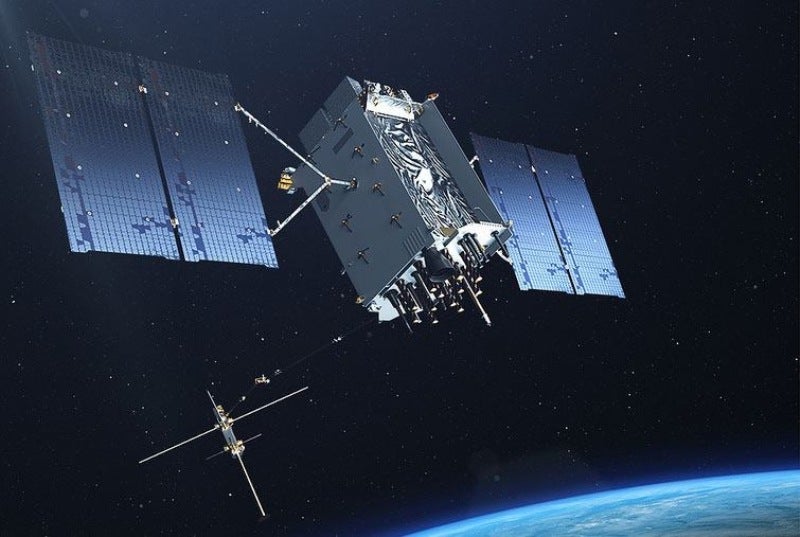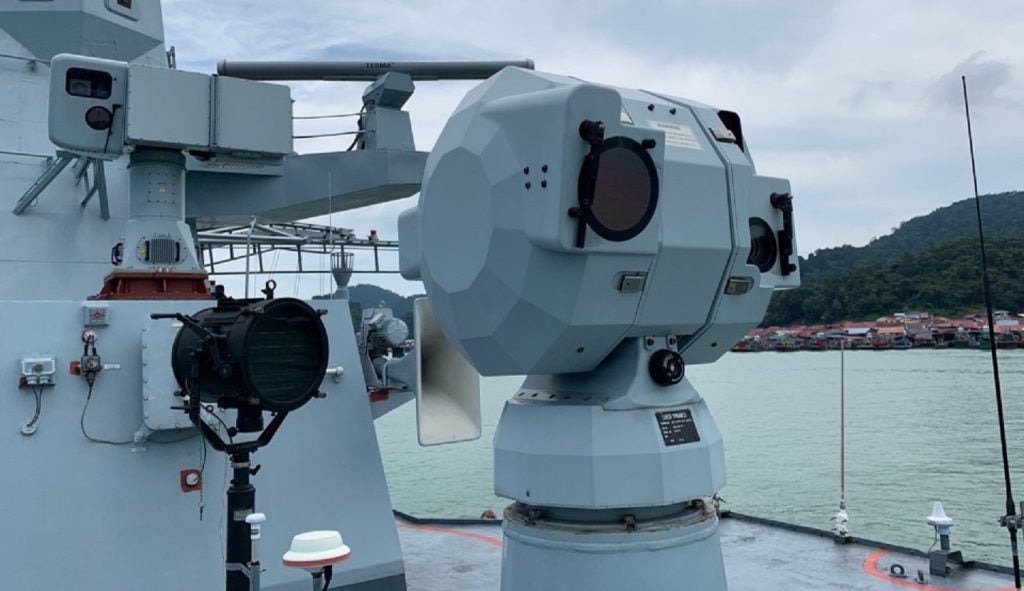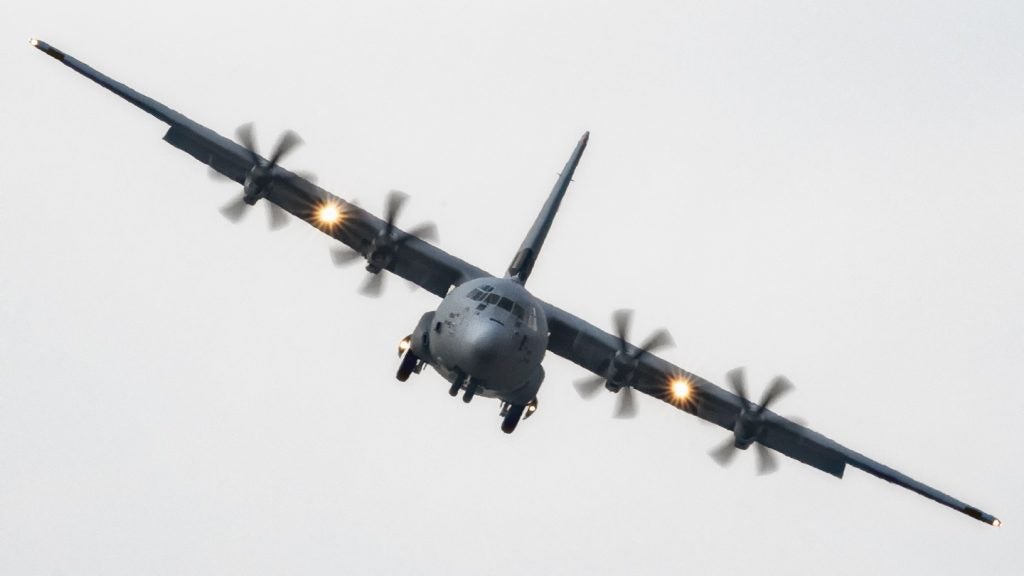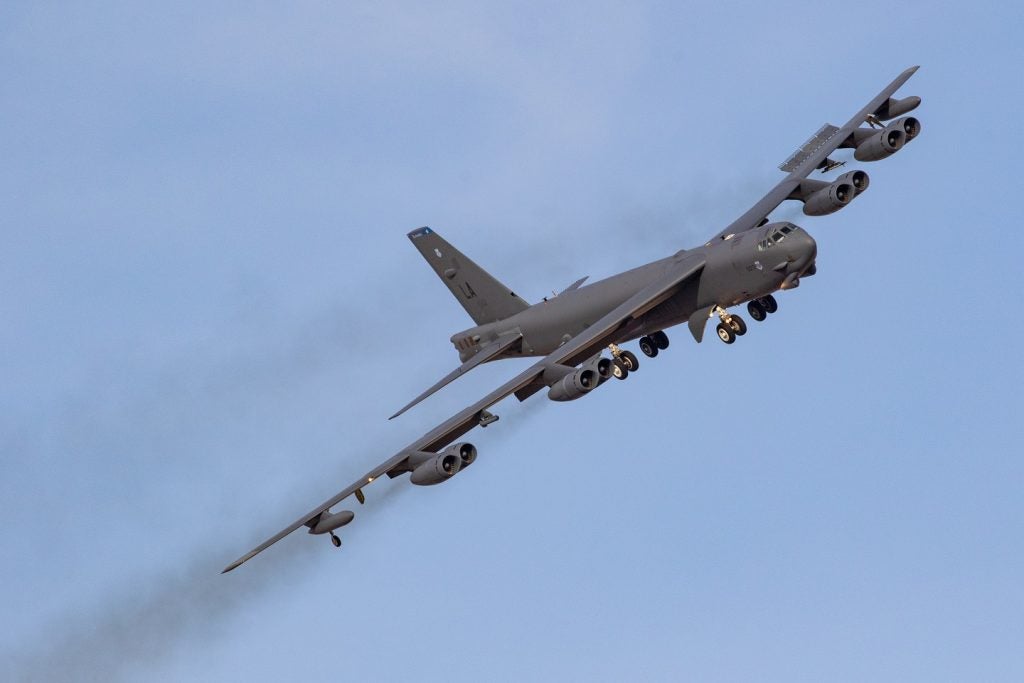
Space Exploration Technologies (SpaceX) has launched the US Air Force’s (USAF) first Lockheed Martin-built Global Positioning Systems (GPS) III satellite.
Known as ‘Vespucci’ in honour of Italian explorer Amerigo Vespucci, the satellite was placed into the intended orbit nearly two hours after lift-off on board a Falcon 9 Evolved Expendable Launch Vehicle from Cape Canaveral Air Force Station in Florida, US.
GPS III is expected to offer three times increased accuracy, and up to eight times improved anti-jamming capabilities. The spacecraft’s estimated life is expected to extend to 15 years.
Vespucci is designed to modernise the GPS constellation, which currently contains 31 operational spacecraft.
GPS satellites provide navigation and positioning services for civilian and military purposes. They operate in medium-Earth orbit and circle the Earth twice a day at an altitude of around 12,550 miles in six planes.
Space and Missile Systems Center commander lieutenant general John Thompson said: “Launch is always a monumental event, and especially so since this is the first GPS satellite of its generation launched on SpaceX’s first national security space mission.
How well do you really know your competitors?
Access the most comprehensive Company Profiles on the market, powered by GlobalData. Save hours of research. Gain competitive edge.

Thank you!
Your download email will arrive shortly
Not ready to buy yet? Download a free sample
We are confident about the unique quality of our Company Profiles. However, we want you to make the most beneficial decision for your business, so we offer a free sample that you can download by submitting the below form
By GlobalData“As more GPS III satellites join the constellation, it will bring better service at a lower cost to a technology that is now fully woven into the fabric of any modern civilisation.
“It keeps GPS the gold standard for positioning, navigation, and timing information, giving assured access when and where it matters. This event was a capstone, but it doesn’t mean we’re done. We’re going to run a series of procedures for checkout and test to ensure everything on Vespucci functions as it was designed.”
The first GPS III was originally planned to be launched in 2014. The delayed launch was a result of technical issues related to the development of the payload.
Over the next six months, engineers and operators at Lockheed Martin’s Waterton facility will carry out on-orbit checkout and tests. The satellite is expected to be available for operational use in approximately one year.







